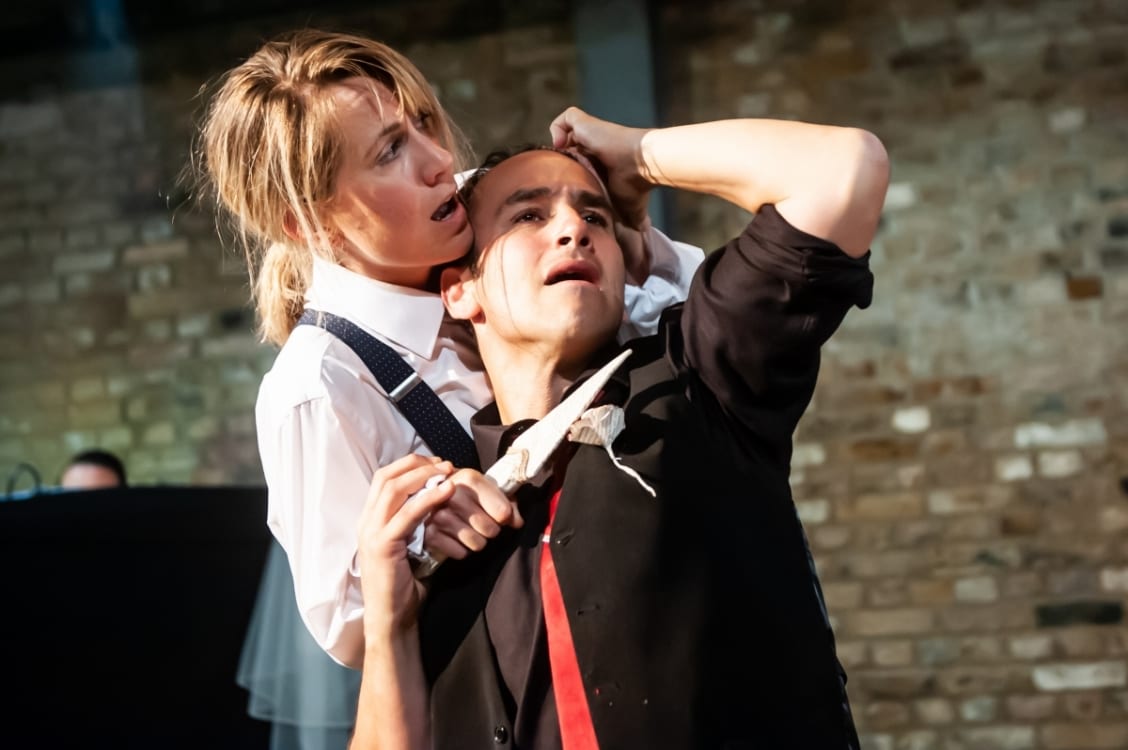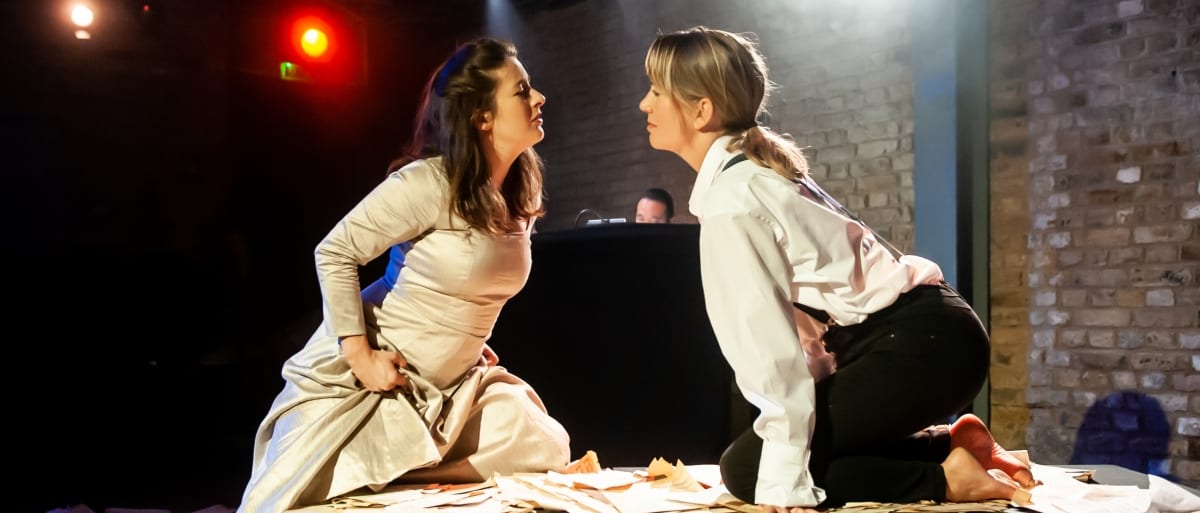Bellini’s operas marks the transition from eighteenth century Opera Seria to the bel canto operas of the early nineteenth century. Though he died young, aged only 33, his eleven operas mark a striking transition to a new more romantic and melodic style and one wonders whether, if had he lived longer, his place in opera would have been more celebrated. His version of the Romeo and Juliet story was first performed in 1830, the year in which the Swing Riots led to the downfall of the government led by the Duke of Wellington.
The libretto provided by Felice Romani was based on early Italian stories and not on the Shakespeare play. As a result, some of the subtleties are stripped away and the story is simplified. Romeo, head of the Montague family, has been in hiding following his killing in battle of the son of Capellio, head of the Capulet family. He is in love with Capellio’s daughter Giulietta, who returns his passion. Romeo, disguised as a Montague herald, approaches Capellio and says that a marriage between Romeo and Giulietta would be the best way to end the feud. The offer is brutally rejected, Romeo’s real identity is revealed, and a battle for control of Verona begins. Romeo manages to arrange a meeting with Giulietta and suggests that they elope. She refuses, but Doctor Lorenzo suggests to her a way that they can be united – and then the plan mis-fires and tragedy ensues.

Over The Pond has assembled a remarkable set of singers for this production which is part of the Grimeborn season at the Arcola. To find accomplished singers willing to commit to a production that runs for three nights to an audience of less than one hundred in a basement studio in Dalston is remarkable – and opera lovers in London owe a debt of gratitude to the Arcola and the companies who help it to create the Grimeborn season. All five of the singers are superb. Perhaps the outstanding performance is that of Chiara Vinci as Giulietta. She has a flexible soprano voice that floats apparently effortlessly from quiet desperation to tormented passion and she holds the stage in every dramatic moment of the tragic story. Flora McIntosh is a swaggering Romeo – it is a mezzo ‘trouser role’ – and she has a warmth of tone in the lower register of the voice that fits perfectly with Bellini’s musical demands. James Ioelu as the implacable head of the Capulet clan is both physically and vocally imposing. Anthony Flaum is Tebaldo, the suitor chosen by her father but rejected by Giulietta – he has a fine tenor voice, but one that deserves a bigger performing space to let it flourish fully. The mellow deep bass of Pauls Putnins is a revelation in the small role of Lorenzo and he produces a warmth of tone and a clarity of diction that shows that he has entirely adapted to the small space and to the closeness of the audience to the performers. There were flaws, of course, and a couple of the singers took a little time to find the right balance between volume and beauty in matching their singing to the tightness of the space. But the constantly sensitive and supportive piano playing of Musical Director Kelvin Lim helped to shepherd the singers through the score’s more demanding moments, and Director Lysanne van Overbeek found a convincing way to tell the story with the simplest of settings and minimal props.
It is a common experience for those of us seeing a shortened and simplified version of a great opera that it takes a little time to become attuned to the different musical language that is necessarily employed. All I can say is that this excellent version of Bellini’s classic is well worth the little effort that this takes and that the delight of hearing five brilliant singers at such close quarters more than repays the effort.

